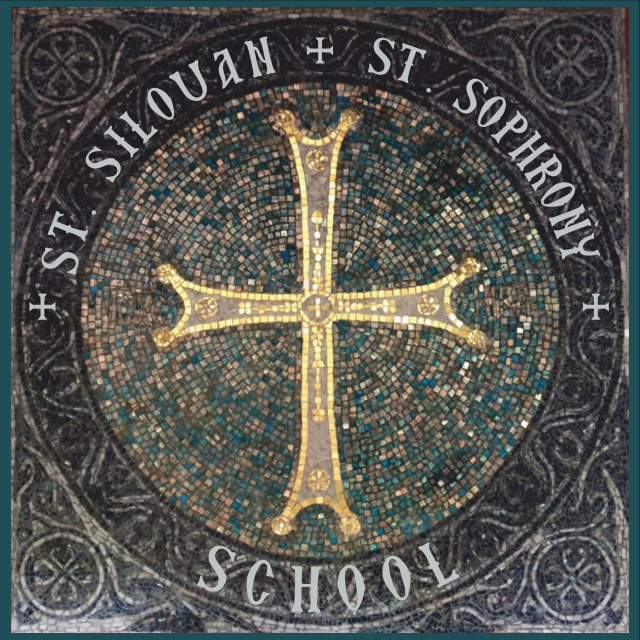Our educational goal: To help the child become a true human being, a person (in the theological sense of the word).
Having the freedom that comes with the independent nature of the school, we do everything within our power to offer our children a high-quality academic education. In this regard, our pedagogical team engages each child in his uniqueness, working with each one of them at their own pace, seeking to uncover each child’s specific gifts in order to enhance them. Let us remember the parable of talents, talents that everyone receives in their own way. For each person there is a personal path to fulfillment, to the knowledge of God. Depending on our personal gifts, if we become conscious of them, if we use them correctly and nourish them, we will all hear the same word from our Lord, “Well done, good and faithful servant (…) Enter into the joy of your master.” (Matthew 25: 14-30)
We cultivate in our children fundamental Christian values: introspection, the practice of interrogation and self-evaluation with discernment – all in order to obtain a noble and strong character. We teach our students responsibility: every choice – good or bad – has consequences to match. Our children come to school with great joy. For us, this is as much a good indicator of success as an objective onto itself. We constantly strive to plant the love of learning, the joy of discovering the sublime mysteries of the wonderful world created by God, the joy of growing beautifully, together.
We put great emphasis on the importance of having a good relationship with one’s colleagues, based on collaboration, the competition in good, true value, mutual trust and openness. The kind of competition we promote is especially with oneself. In relationship to others, competition is a very important growth factor when it is thought out long term, for the duration of one’s whole life and not in terms of an immediate, subjective evaluation. Knowing this, we take care so that it does not transform in a battle of parental pride or envy between the children, as so often is the case in school.
We believe that the relationship between the schools and family is very important. We all know that many of the problems of students stem from home – from educational deficiencies, from emotional imbalances etc. Because of this, we are in constant dialogue with the parents (daily, if need be), we value them (we have a very active and involved parental council), we organize various activities of “education for parents” to advise them in all the difficulties that they encounter in their relationship with their children.
We have learned that an important attribute of the Person is creativity. We all have a creative potential within us. A free man tends to create because all he is doing is actualizing the potential that God has bestowed upon him, by creating him in His image. In order to achieve this, he needs to absorb essential knowledge (without which he cannot create), he needs to be aided to discover his creative inclination and to be granted confidence. Because we have come to understand this, but, also because over the years we have seen many unhappy instances of people whose flight has been impeded by family, school and society, we strive to make children creative, to make them creators. To put it differently, we pay attention not only to not sever children’s wings but to also teach them to fly. Because of this we love calling our school a “school of flight”!
But, above all, we strive to teach kids how to love . We teach them to love, out of love. The love a child feels when he is loved by those around him is the image of heavenly love. God loves unconditionally, fully, until the end; He loves us no matter what we think, what we feel, what we choose. At home, at school and in the parish, we also must love the child unconditionally just as he is, no matter what he does, what he says, what will happen. On this foundation can the child build his character, without feeling the need to search for validation outside the family and the Church. Moreover, in time, this type of attitude in adults will become the attitude of children towards those around them
Aside from this, we try to bestow upon our children two other important lessons about life: first inspired by Saint Paul – if they do not learn to love, whatever they do in this life, it does not matter: if there is no love, then there is nothing. The second one, from Seneca: if you wish to be loved, be the first to love! This is the school of the Church for us and the essence of our school: Love must be learned. School is life. Life is a school of love. Love is everything. Love is God.
